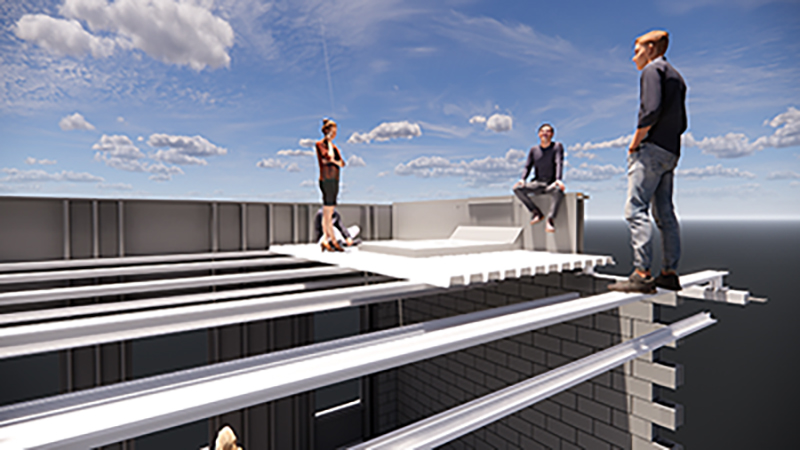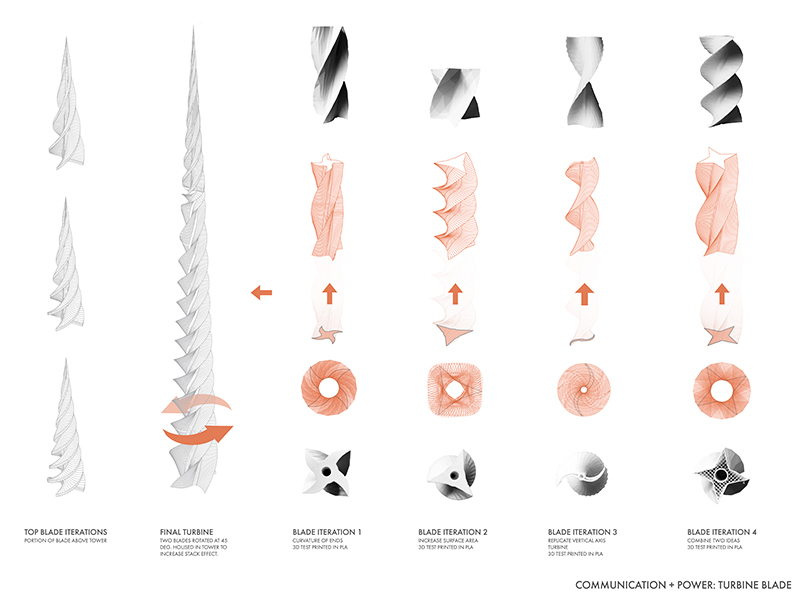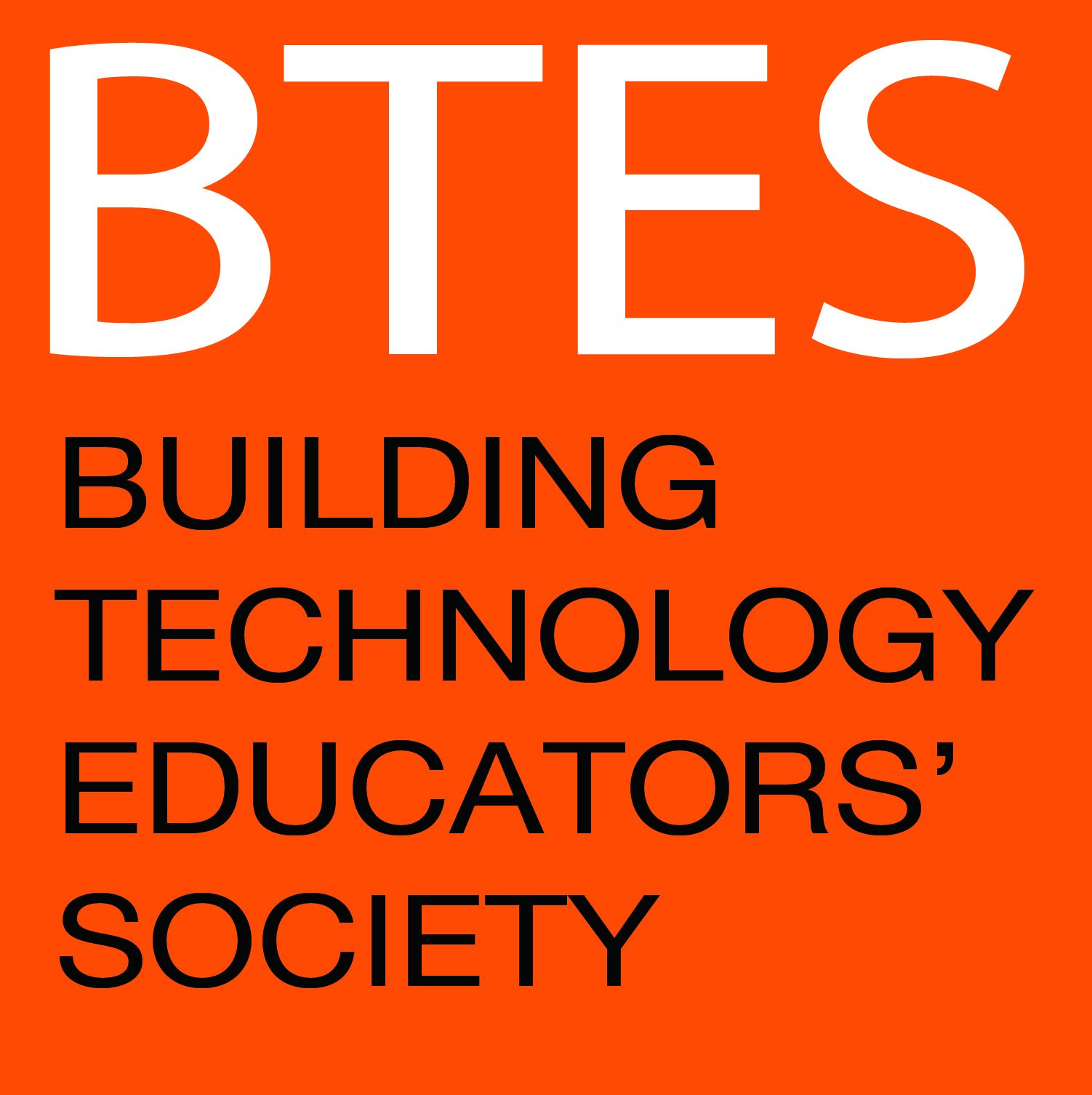Virtual Teaching in the Technologies
Webinar Conversations
ALTERNATIVE PEDAGOGIES
Thursday, July 16th, 2020
Pivoting from in-person classes and physical practices to remote teaching requires innovation in pedagogy. Decisions are made about synchronous and asynchronous interactions, as well as a myriad of other class formats. Physical tools and facilities are swapped for digital tools and virtual worlds. Institutional infrastructure is replaced with residential desktop infrastructure. In this topic, BTES members disseminated methods for upholding course learning objectives with teaching methods that radically detoured from business as usual. Click the presentation titles to access individual pre-recorded videos.

VR for Experimental Remote Learning | Roger Schroeder 
Multi-Interface Telepresence | Winifred Newman and Timothy Sutherland
Multi-Interface Telepresence Teaming for Advanced Design Problems Online and In-person
Winifred Elysse Newman , Clemson University
Timothy Sutherland, Clemson University
This session presents a collaborative teaming advanced architecture studio. Before COVID-19 quarantine measures required moving studio to a remote teaching, the organization already established strong interpersonal work habits, brainstorming and laddering techniques for ideation and design and a metasystem for capturing and organizing ideas based on techniques more frequently used in software design. We argue the collaborative in-person teaching structure prepared students for a productive experience in both physical and the virtual environments, supporting the idea technology both reflects and facilitates social relationships. Adopting a collaborative teaching design for advanced studios can enhance learning outcomes and prepare students for in-person and remote interaction in the professional office.
Virtual Reality for Experiential Remote Learning
Roger Schroeder, SUNY Alfred State College of Technology
Virtual Reality, commonly thought of as a presentation tool, has potential to be an effective component in the process of design and its associate learning. The immersive nature of the VR experience in the learning environment has the potential to recover some of the engagement that is lost during remote instruction.
Re-Scaffolding a Lighting Design Assignment
Mary Ben Bonham, Miami University
This presentation reflects on lessons learned from repackaging a multi-week group project into weekly modules with streamlined deliverables that were completed by individual students. In-class chalk talks and lab sessions were replaced with annotated lectures and screen-capture demonstration videos to facilitate remote, asynchronous teaching and learning.
Invited Guest Presenters
Logics of Assembly: Teaching and Learning with Construction Time-lapse Photography
Michelle Laboy, Northeastern University
Observing construction in guided field trips has always been a popular and effective way of learning the logics of construction for students in building systems courses. But the speed and phase of construction rarely matches the timing and pace of teaching. Teaching remotely during COVID-19 made even this limited experience more challenging. Using publicly-available time lapse photography as part of in-depth case studies—and teaching students what to look for—proved a very effective alternative, especially in understanding structural logics. The application of the knowledge acquired translated into assembly sequence diagrams for studio projects, giving students an opportunity to learn detailing that is informed by how buildings go together and later come apart.
Re-affirmation > Replacement: Tactical Enhancement for Difficult Conditions
Rob Whitehead, Iowa State University
In this talk, the idea that we need to radically reinvent our courses for remote learning is reconsidered. Instead, there is an argument for re-affirming the productive aspects of our courses and the importance of aligning established active-learning teaching tactics with the same lessons. This is demonstrated with brief examples of one potential upcoming lab on structural shells.
